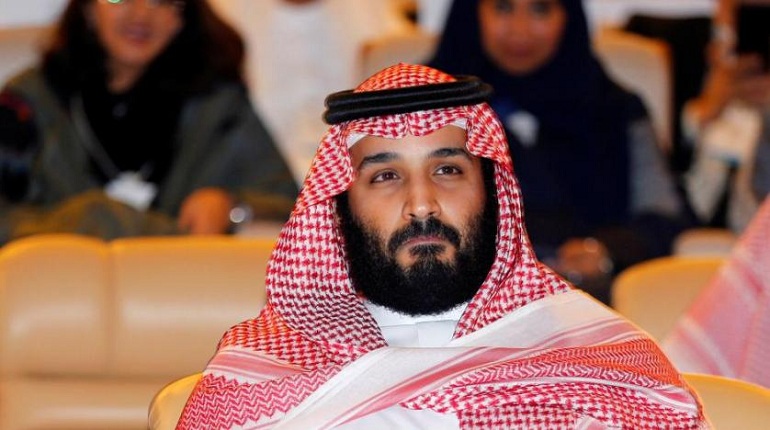I never thought I’d live long enough to write this sentence: The most significant reform process underway anywhere in the Middle East today is in Saudi Arabia which going through its own Arab Spring, by the Saudi style. This is what the famous American journalist Thomas Friedman said at the beginning of his interview with Crown Prince Mohammed bin Salman and published in the New York Times.
At the beginning of the interview, which was held at the Al Saud palace in the north of Riyadh, Friedman asked:
What’s happening at the Ritz? And was this his power play to eliminate his family and private sector rivals before his ailing father, King Salman, turns the keys of the kingdom over to him?
It’s “ludicrous,” he said, to suggest that this anticorruption campaign was a power grab. He pointed out that many prominent members of the Ritz crowd had already publicly pledged allegiance to him and his reforms, and that “a majority of the royal family” is already behind him. This is what happened, he said: “Our country has suffered a lot from corruption from the 1980s until today. The calculation of our experts is that roughly 10 percent of all government spending was siphoned off by corruption each year, from the top levels to the bottom. Over the years the government launched more than one ‘war on corruption’ and they all failed. Why? Because they all started from the bottom up.”
M.B.S. added: “My father saw that there is no way we can stay in the G-20 and grow with this level of corruption. In early 2015, one of his first orders to his team was to collect all the information about corruption — at the top. This team worked for two years until they collected the most accurate information, and then they came up with about 200 names.”
When all the data was ready, the public prosecutor, Saud al-Mojib, took action, M.B.S. said, explaining that each suspected billionaire or prince was arrested and given two choices: “We show them all the files that we have and as soon as they see those about 95 percent agree to a settlement,” which means signing over cash or shares of their business to the Saudi state treasury.
“About 1 percent,” he added, “are able to prove they are clean and their case is dropped right there. About 4 percent say they are not corrupt and with their lawyers want to go to court. Under Saudi law, the public prosecutor is independent. We cannot interfere with his job — the king can dismiss him, but he is driving the process … We have experts making sure no businesses are bankrupted in the process” — to avoid causing unemployment.
How much money are they recovering? Thomas Friedman asked.
The public prosecutor says it could eventually “be around $100 billion in settlements,” said M.B.S. There is no way, he added, to root out all corruption from top to the bottom, “So you have to send a signal, and the signal going forward now is, ‘You will not escape.’ And we are already seeing the impact,” like people writing on social media, “I called my middle man and he doesn’t answer.” Saudi business people who paid bribes to get services done by bureaucrats are not being prosecuted, explained M.B.S. “It’s those who shook the money out of the government” by overcharging and getting kickbacks.








































admin in: How the Muslim Brotherhood betrayed Saudi Arabia?
Great article with insight ...
https://www.viagrapascherfr.com/achat-sildenafil-pfizer-tarif/ in: Cross-region cooperation between anti-terrorism agencies needed
Hello there, just became aware of your blog through Google, and found ...